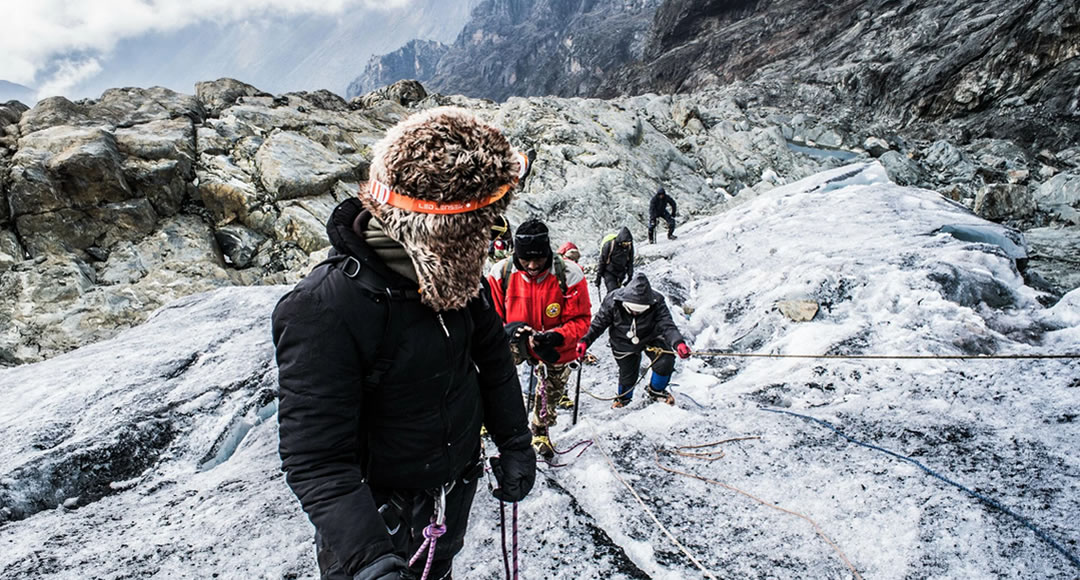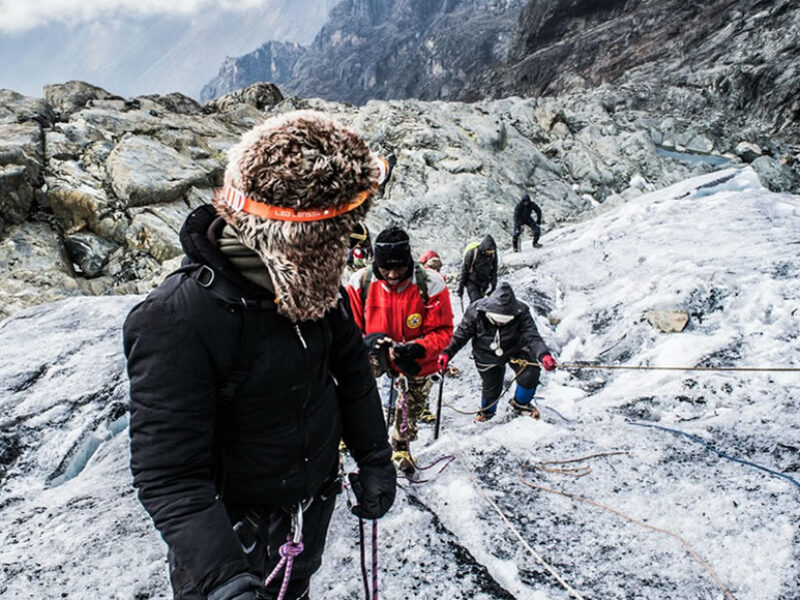
Beginners Guide to Trek the Rwenzori Mountains
Trekking in the Rwenzori Mountains can be an incredible adventure, but it’s important to be well-prepared, especially if you are a beginner. Here’s a beginner’s guide to trekking in the Rwenzori Mountains:
Research and Planning:
Learn About the Rwenzori Mountains:
Familiarize yourself with the geography, climate, and trails of the Rwenzori Mountains. Understand the different trekking routes available and their difficulty levels.
Choose the Right Route:
As a beginner, opt for shorter and less challenging routes like the Bukurungu or Kilembe trails. These routes offer beautiful scenery without requiring advanced mountaineering skills.
Select a Tour Operator:
Research and choose a reputable tour operator that offers guided treks in the Rwenzori Mountains. Look for operators with experience, positive reviews, and a focus on safety.
Physical preparation:
Build Stamina and Endurance:
Start a regular exercise routine that includes cardiovascular activities like hiking, walking, and jogging to build your stamina and endurance.
Strengthen Your Legs and Core:
Strengthen your leg muscles and core through exercises like squats, lunges, and planks to prepare for the physical demands of trekking.
Gear and Equipment:
Invest in Quality Gear:
Invest in good-quality trekking gear, including sturdy hiking boots, moisture-wicking clothing, waterproof jacket and pants, a backpack, and trekking poles.
Rent or Purchase Equipment:
If you don’t have your own gear, many tour operators offer equipment rental services for items like tents, sleeping bags, and backpacks.
Acclimatization:
Take It Slow:
Allow time for acclimatization to the altitude to prevent altitude sickness. Start your trek at a moderate pace and gradually increase elevation each day.
Stay Hydrated:
Drink plenty of water to stay hydrated at higher altitudes. Avoid alcohol and caffeinated beverages, as they can contribute to dehydration.
Safety and Health:
Follow Guide’s Instructions:
Listen to your guide’s instructions and advice throughout the trek. They are experienced in the mountains and can help ensure your safety.
Know the Signs of Altitude Sickness:
Familiarize yourself with the symptoms of altitude sickness, such as headache, nausea, and dizziness. Inform your guide immediately if you experience any symptoms.
Pack a First Aid Kit:
Bring a basic first aid kit with essentials like bandages, antiseptic wipes, pain relievers, and blister treatment.
Enjoy The Experience:
Immerse Yourself in Nature:
Take the time to appreciate the stunning scenery, diverse flora, and unique wildlife of the Rwenzori Mountains. Bring a camera to capture the beauty of the landscape.
Connect with Locals:
Interact with local guides and porters to learn about the culture and history of the region. Respect their customs and traditions during your stay.
7: Take Breaks and Rest:
Take Breaks and Rest: Don’t hesitate to take breaks and rest when needed. Pace yourself and enjoy the journey rather than pushing yourself too hard.
By following these tips and preparing adequately, you can embark on a safe and enjoyable trekking adventure in the Rwenzori Mountains as a beginner.


